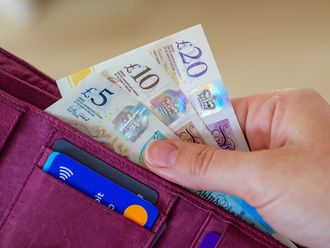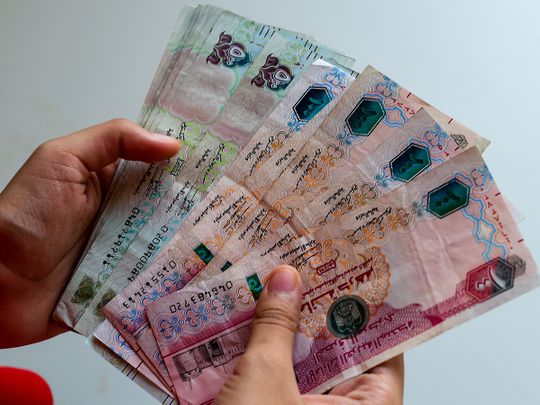
Dubai: While having an active income, people invest money to secure their future. They can choose to invest money in various options including bank deposits, retirement schemes as well as bonds and stocks to name a few.
Now the question is how can money grow and earn maximum return over a period factoring in inflation? This is where investments come into the picture. There are various asset classes for investment such as equities or stocks, bonds or fixed income, cash equivalents and alternative investments such as commodities, real estate and even cryptocurrencies. Some people also like to trade on the stock market deploying various methodologies.
Importantly, investment is not limited to a certain category of people. While a working professional with an active job can invest, a homemaker too can. Both scenarios and choice of investments have been explored in this article.
How a UAE-based homemaker earns 15 to 20 per cent annual returns from equity investment
Prakriti Rashmi, an Abu Dhabi based Indian homemaker in her 40s, began investing money in the Indian stock market in 2015. After incurring some initial losses from trading directly on the stock market, she shifted focus to long-term equity investments. Rashmi started out by investing small amounts of money from rental income in India. Seeing her interest and ability to grow the equity investment portfolio, her spouse supported her financially during the first couple of years. Six years on, Rashmi has now created a diversified portfolio that earns her 15 to 20 per cent annual returns.
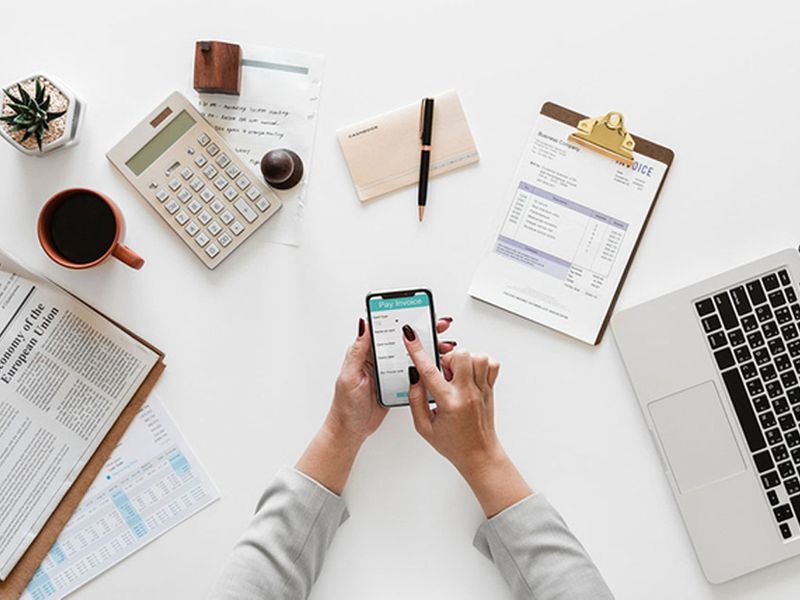
How did you create a diversified portfolio?
Rashmi: I am very patient by nature and disciplined in financial planning, so I prefer purchasing shares of a company (equity investment) over trading them directly on the market, although the return is comparatively lower.
I have created a mixed portfolio of 25 per cent mutual funds (pooled money spread across stocks, bonds and other assets) through Systematic Investment Plans or SIPs (the process of making regular, equal payments into a mutual fund or any trading account), coupled with directly investing 75 per cent in stocks. In the beginning, I bought stocks of mid-cap companies across industries.
Rashmi: As I earned returns from the stocks, I gained confidence and reinvested in stocks of larg-CAP companies offering greater investment stability. I have consciously diversified my portfolio by selecting stocks of one big name from each sector including NBFI (non-banking financial institutions), FMCG (fast-moving consumer goods), IT (information technology), insurance and pharma.
Before investing, how do you go about researching for the right mutual funds and stocks?
Rashmi: Before investing in mutual funds, I check the best performing funds for the past 5 to10 years. For this, I refer to online business news sites and other credible business news channels. The second stage of research includes checking each fund’s portfolio proportions and the companies the fund has invested in. Based on these factors, I make an investment decision.
Regarding stocks, I mostly invest in stocks on the NIFTY 50 (Indian stock market index) for which I constantly track the price movements of ultra-blue-chip names (market heavyweight stocks). Here too I follow news sites, coupled with business news and other creditable online resources. In addition, I also check the company’s market share, balance sheet, dividend payment, return on investment generated in the past 5-10 years and the demand of the sector it falls under.
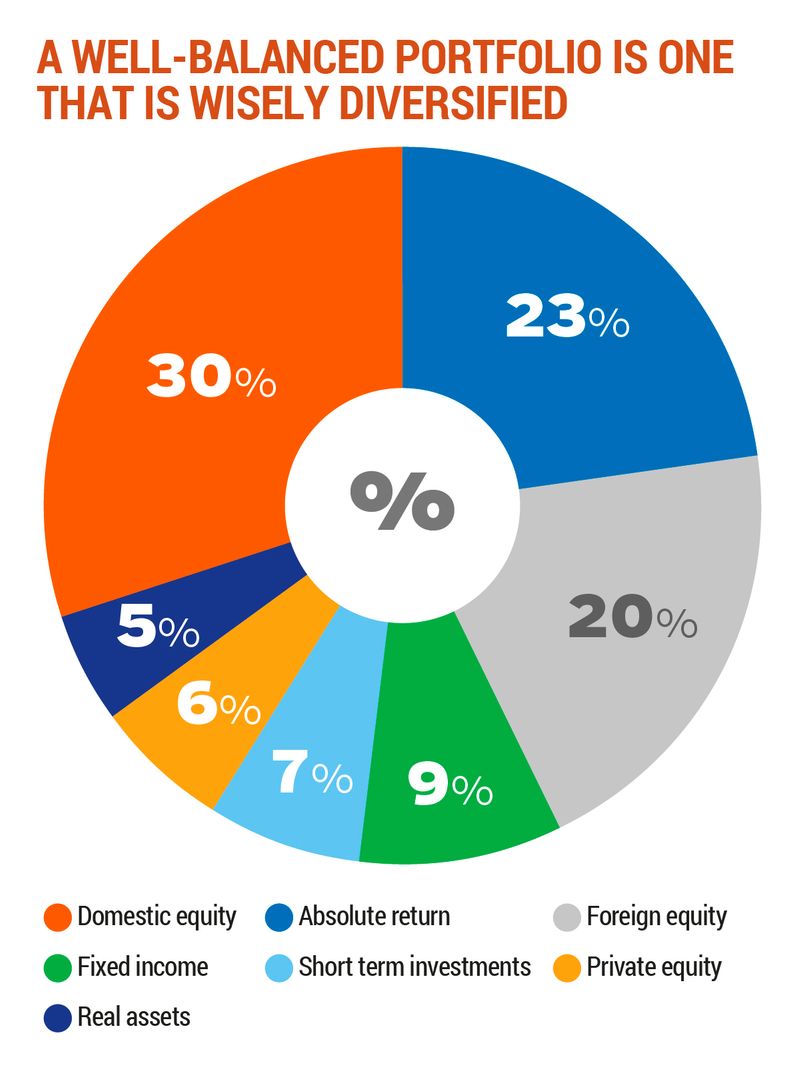
How have you grown your earnings over the years?
Rashmi: The first profit I booked in 2015 was only Rs500 (Dh25). Today I get an average of 15 to 20 per cent annual returns from my investments. When the stock market hits a high, I sell some shares to make profits, reinvesting a portion subsequently.
During the first three years, I did not make large earnings. In fact, I incurred losses from stocks of two companies. However, 2018-19 were good years when I reinvested almost INR3 million (over Dh150,000) in total. Every year I keep aside at least 10 per cent of my earnings for charitable initiatives, accounting for the largest chunk, and buy occasional gifts for my parents and spouse.
The first profit I booked in 2015 was only Rs500 (Dh25). Today I get an average of 15 to 20 per cent annual returns from my investments.
Did you change your investment strategy during the pandemic?
Rashmi: Currently I am sitting on capital but not investing. Since India’s BSE Sensex (stock exchange) is at an all-time high it is prudent to sell shares and make profits than buy. But even when share prices declined last year, I did not sell nor buy based on speculation. I follow a long-term investment strategy that has not changed during the pandemic. I also steer away from volatile options such as trading in the stock market and cryptocurrencies.
A tip for a beginner looking to make an equity investment.
Rashmi: Equity investments are made for the long-term, usually for a period of three to five years and not less than a year. Let your money go through the rise and slump, therein earning you healthy returns. It is possible to start small and grow the portfolio by managing it in a disciplined manner. Importantly, invest time to do a thorough research by referring to credible resources.

How a Dubai-based Italian expat created a diversified investment portfolio and makes similar-sized profits
For Dubai-based Italian expat Franco Gabrielli in his early 50s, the choice of investing money into various asset categories has changed over time. It began with investments into government and bank bonds in Italy followed by mutual funds and equity investment as well as occasional trading. His investment portfolio constitutes of mutual funds (20 per cent), investments in stocks (40 per cent) and ETF (40 per cent). (An ETF is an asset that tracks an index’s price and is traded on the stock exchange like a regular stock.)
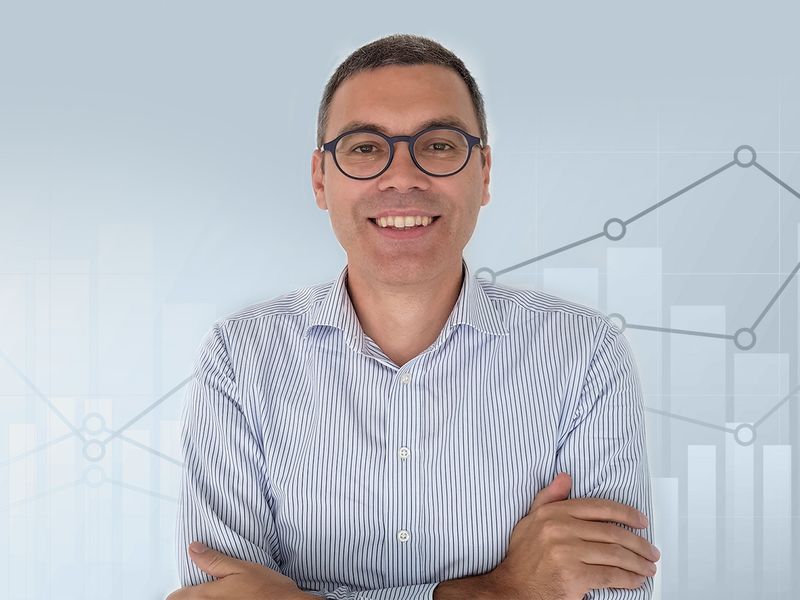
How has your investment strategy changed over the past few years?
Gabrielli: Almost 15 years ago I started out by investing in bonds, which earned me 3 per cent returns annually. Within a few years, as I managed to build savings of 30,000 euros (Dh134,000) I started buying Italian stocks based on instincts without much research. This led to some disappointment as I encountered losses.
That’s when I decided to tread cautiously and started investing in mutual funds. At a certain point around 2018 I wanted to manage my own investments. So, I opened an account on an online trading platform called ‘Interactive Brokers’ and started investing in US stocks. I also have a few German and Chinese stocks.
I have retained some Italian stocks too such as Ferrari that I had bought three to four years’ ago, earning handsome profits by selling a portion as the prices increased by over 250 per cent at a certain point. Now I have an investment portfolio comprising mutual funds, stocks and ETF that offered an annual return of 15 per cent last year. Since I am single with the primary goal to save towards creating a healthy retirement fund, I make it a point to save all the money earned from returns and by selling stocks from time to time.

Before investing, how do you go about researching for the right mutual fund, stock and ETF?
Gabrielli: For ETF, I refer to the ETF.com website to get a list of all available ETFs on the US stock market with their historical performance. For stocks, I investigate the main holdings of ETF to find ones that can perform well. While I have not invested in mutual funds for a while, when I did, I used to refer to credible websites. In case of mutual funds, there are limitations based on which fund to invest in related to the broker one uses since they may not have all fund providers. Overall, I am still learning and keep referring to credible resources before making investment decisions.
Have you ever engaged in trading?
Gabrielli: I do not engage in daily trading, which requires a different kind of acumen and time. In fact, I have incurred losses from daily trading. But I buy and sell stocks weekly and monthly based on indicators and targets, earning returns of anywhere between 5 per cent and 20 per cent. For example, I sold some stocks of Microsoft a couple of months after buying, earning a 60 per cent return.
Have you made any bad investment decisions?
Gabrielli: When I relocated to the UAE in 2011, I felt the urgency to create a retirement fund. Unlike Italy where a part of the taxed income goes towards pension, the UAE does not have income tax. So, it falls on an individual to diligently save towards retirement. And I decided to invest in a 20-year plan from an international company paying a monthly sum of $2,000 (over Dh7,300), which proved to be a wrong decision as the returns were poor. I decided to surrender the plan in 2015, therein incurring losses too.
Irrespective of whether you are investing or trading, try to learn the basics first.
A tip for beginners looking to invest money
Gabrielli: Start by making small investments but as soon as possible because returns compound over time. Irrespective of whether you are investing or trading, try to learn the basics first. I have found John C. Bogle’s book ‘The Little Book of Common Sense Investing’ quite useful. I also like Warren Buffett’s advice: “Put together a portfolio of companies whose aggregate earnings march upward over the years, and so also will the portfolio’s market value.”






